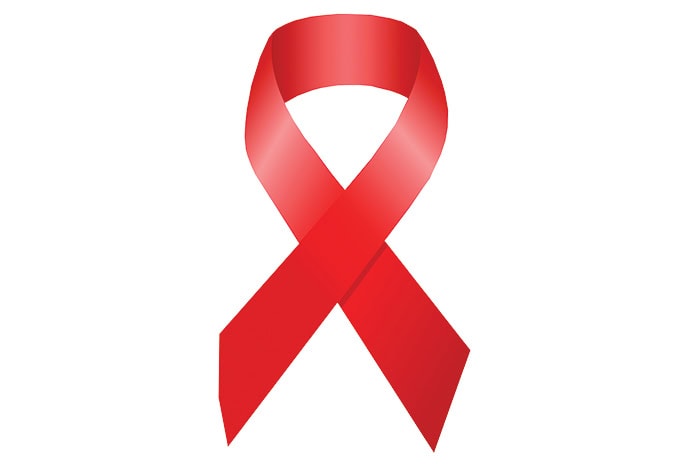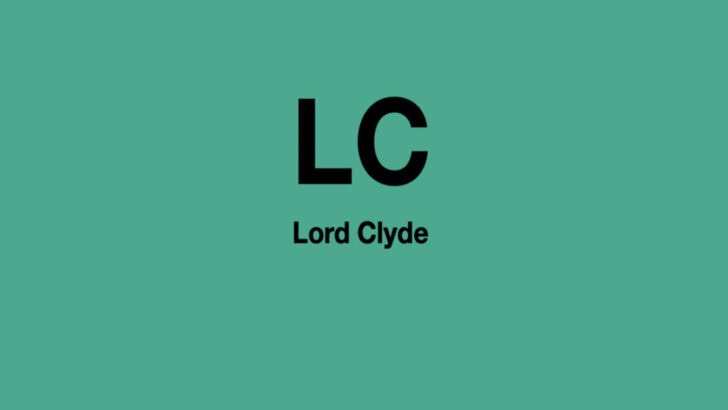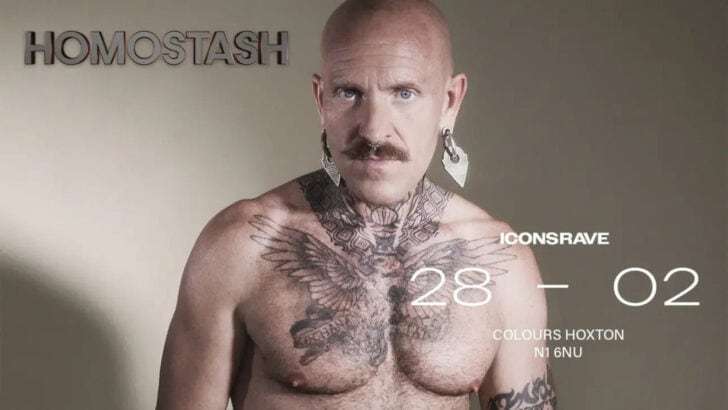Forty years after the first reported AIDS-related deaths in the UK signalled the start of an epidemic which has gone on to kill millions globally, new data released to mark World AIDS Day (1 December) shows public attitudes to HIV testing are very different to those in the 1980s.
Back then a HIV diagnosis was a terminal one and hysteria was rife, but four decades of medical progress have transformed what it means to live with HIV.
The YouGov polling of over 2,000 UK adults – released by charity Terrence Higgins Trust – found just 8 per cent would refuse a HIV test if they were being offered to everyone else. While 82 per cent of people would feel comfortable being tested for HIV when having another routine blood test.
The charity is calling for a move to opt-out HIV testing in GP surgeries and A&Es where everyone is offered a test as standard to drive up testing rates to find the estimated 6,600 people in the UK living with undiagnosed HIV – and give the country a chance of achieving the Government’s target of ending new HIV cases by 2030. With successful pilots in south London showing the impact of this step change.
It’s hoped this approach will also help HIV to be seen more like any other health condition rather than being offered a HIV test feeling like a moral judgement by healthcare professionals or because of your sexuality or ethnicity.
The vast majority (75%) also said they would feel comfortable being tested for HIV at their GP – a familiar and private setting – but this is not currently routinely offered by family doctors.
The latest data shows that HIV diagnoses fell by 18 per cent among gay and bisexual men and 15 per cent fall in heterosexual people of black African ethnicity, which are two of the groups most impacted by HIV and targeted for testing. This compares to just a 4 per cent fall among women and 6 per cent drop in heterosexual men.
Similarly, black heterosexual men and those aged 65 and over are most likely to be diagnosed late– driven by a belief they are not at risk of HIV which is often reinforced by healthcare professionals.
That’s why Terrence Higgins Trust is calling for the move to opt-out HIV testing where everyone is offered a test in A&Es, GPs and whenever the NHS is taking blood – alongside focusing on particular groups. With the new data showing the public is overwhelmingly comfortable with getting tested for HIV signalling opt-out testing should be adopted without delay.
Ian Green, Chief Executive at Terrence Higgins Trust, said: ‘It’s great news that there’s strong public backing for HIV testing, but this needs to go hand in hand with government action to ensure consistent opportunities to know your HIV status are provided across healthcare. Ramping up HIV testing regardless of gender, sexuality or ethnicity is absolutely crucial to keep alive the aim of ending new HIV cases by 2030 and ensuring progress is felt equally across the population.
‘By moving to the game-changing testing approach where everyone is offered a HIV test in GPs and accident and emergency departments, it removes the experience some have of feeling judged, exceptionalised or not at risk – which too often results in a refusal to test. As our data shows, by everyone being offered a HIV test, it makes it easier for all of us to accept one. This will undoubtedly make it easier to get tested and will change lives for the better.’
Terrence Higgins Trust is the UK’s leading HIV and sexual health charity, offering support, information and advice services for those living with HIV and affected by HIV or poor sexual health.




















